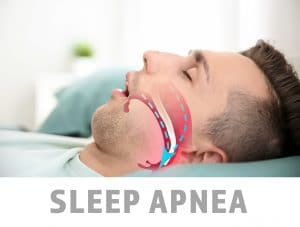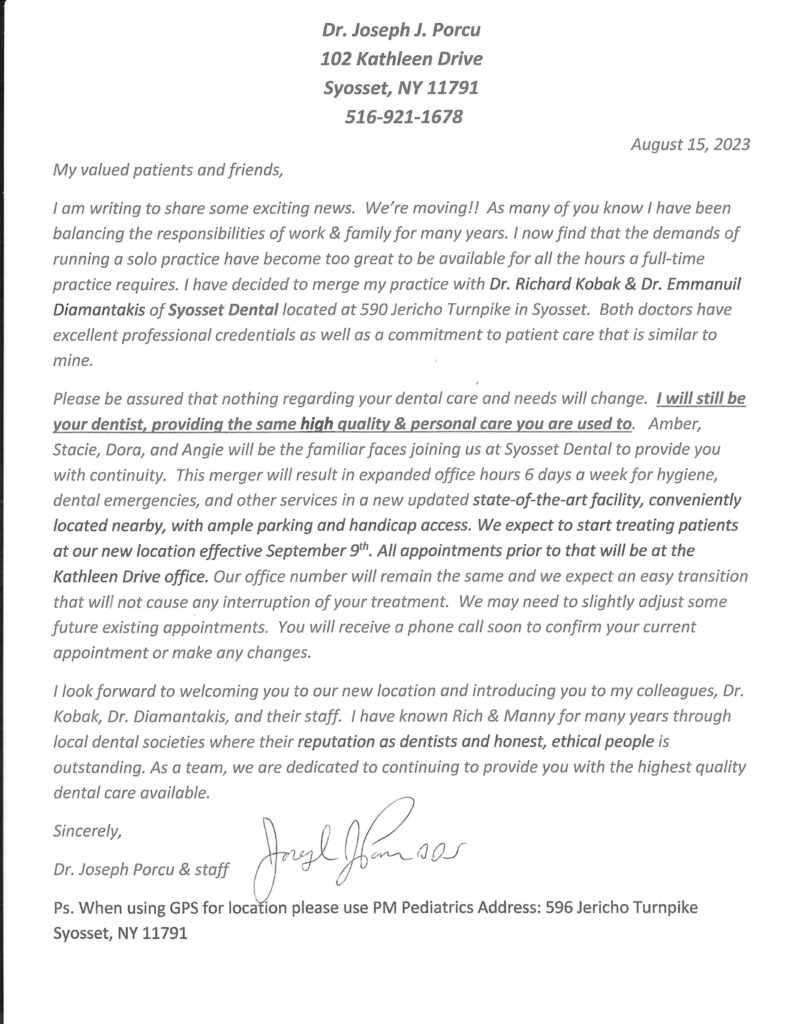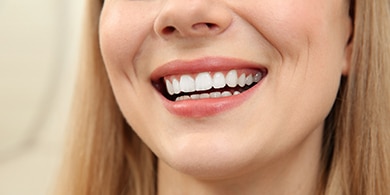 For many common oral health concerns, there are specific risk factors to developing that, usually, are easy to control once you identify them. For example, tooth decay and gum disease develop from excessive oral bacteria buildup. Therefore, inadequate dental hygiene and preventive care are two of the biggest risk factors for developing it. Some concerns, however, don’t have singular causes, like oral bacteria, to defend against. For example, patients with obstructive sleep apnea (OSA) can have many varying contributing factors to their condition, and addressing them may require completely different levels of care than it does for other patients.
For many common oral health concerns, there are specific risk factors to developing that, usually, are easy to control once you identify them. For example, tooth decay and gum disease develop from excessive oral bacteria buildup. Therefore, inadequate dental hygiene and preventive care are two of the biggest risk factors for developing it. Some concerns, however, don’t have singular causes, like oral bacteria, to defend against. For example, patients with obstructive sleep apnea (OSA) can have many varying contributing factors to their condition, and addressing them may require completely different levels of care than it does for other patients.
The common cause behind OSA
In a general sense, obstructive sleep apnea occurs similarly for most patients who have it. As they sleep, oral and/or throat tissues can collapse into the airway, making it harder to breathe. It becomes impossible to breathe when this obstruction is complete, which forces your mind and body to wake up to clear the airway. However, the specific tissues that cause the obstruction and the reasons why they do so can differ greatly. For some patients, it may be an abnormality in one or more oral tissues. In others, it may be the result of certain health and lifestyle factors.
Factors that could potentially raise your risks
Because the details of everyone’s sleep apnea risks (or condition, if it has developed) can differ so greatly, the specific factors that could contribute to your risks must be identified with help from a professional. During your dental examination, for instance, your dentist can utilize detailed digital imaging to get a clear picture of your oral tissues and structures. Other factors, such as being overweight or having an underlying respiratory condition, might also constitute high risks for having sleep apnea.
Addressing sleep apnea if you already have it
Regardless how obstructive sleep apnea develops, the only way to treat the disorder is to prevent the obstruction that interrupts your sleep breathing pattern every night. Traditional treatment for OSA often includes the use of a continuous positive airway pressure (CPAP) machine, which provides a steady but gentle stream of air through a mask that helps you breathe consistently by keeping your airway open. However, many patients can benefit from a more discreet and comfortable solution, such as a custom-designed sleep appliance. Instead of relying on air, a sleep appliance supports your oral structures in a way that comfortably but effectively prevents tissues from blocking your airway while you sleep.
We can help you identify your sleep apnea risks
With the many different ways in which sleep apnea can develop, identifying your specific risks for it can require professional care and attention. To learn more, schedule a visit by calling Syosset Dental in Syosset, NY, today at 516-433-2211 or 516-921-1678.











